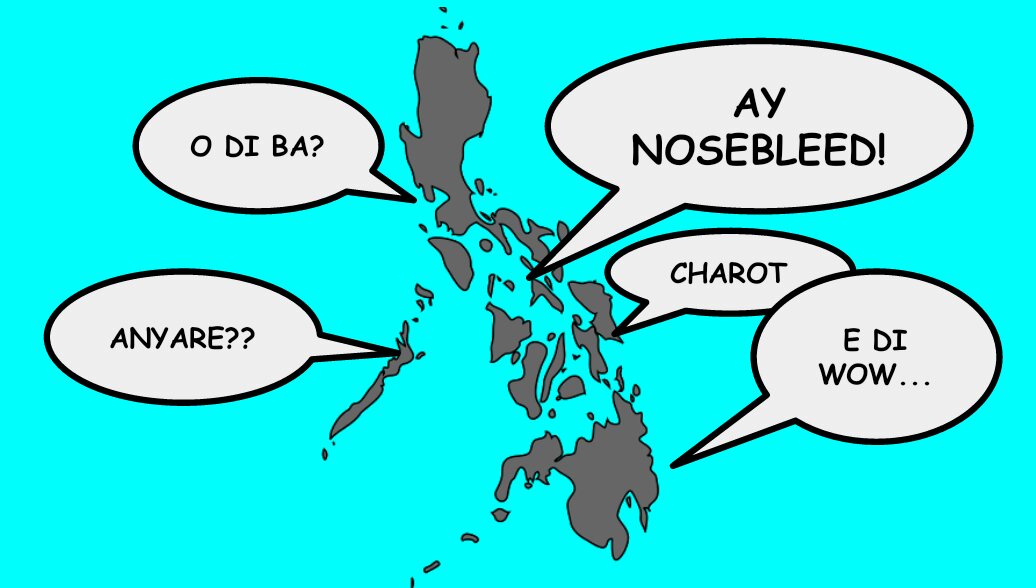What is truly shocking about the bottom ranking of the Philippines in the recently-published Programme for International Student Assessment (PISA) report is that Filipinos are shocked to begin with. It is hardly surprising that Filipinos scored dismally in key areas of basic education given that Philippine society has long been known as one that does not put a premium on intellectual discourse and systematic problem solving.
Released on December 3, 2019, the latest PISA results revealed that the Philippines scored 353 in mathematics, 357 in science, and 340 in reading, all below the average of participating Organisation for Economic Co-operation and Development (OECD) countries.
This goes far towards explaining why even some of Filipinos’ top “thought leaders” not only shrink away from responding properly to direct challenge to their ideas, they have developed a standard script for dismissing them outright.

Indeed, some arguments are dismissed simply because the bearer of the argument chooses English to articulate herself. The term “nosebleed” is often used by Filipino “intellectuals” of the makabayan (nationalist) mold to say that they cannot be bothered to comprehend what an English speaker is saying.
Perhaps it is because Filipinos fancy themselves as an “emotional” people and, their language, an emotional one. However, in an age where algorithms routinely monitor and analyse the emotional pulse of the public and, out of that, customise messaging to exploit identified patterns and trends, it has become more important to develop intellectual skills and tools to get on top of our predisposition towards easy emotional response to stimuli.
We have to decide whether we want to continue thinking with our emotions, or not. Singapore [a country that tops the PISA list this year] had long ago decided. They had Malay, but they chose English because Malay is inefficient with its long, repetitive words. As [Teddy] Locsin rightly observes, it is circular. They even could have opted for Chinese, but chose English. They would have been okay with Chinese, as Chinese, even if it is just a sound-based language, is a very intellectual language in written form; the reason why Koreans and Japanese had to find a way to simplify the Chinese characters.
It doesn’t help that influential people like Rappler CEO Maria Ressa don’t serve as good role models to Filipinos in the manner with which they conduct themselves when confronted with challenges to their hallowed ideas. Ressa has been on a years-long crusade telling anyone who would listen how she and the Philippines’ journalism profession are “under attack”. She summarily labels anyone who is not on her side as “trolls”.
But who is she to decide who are trolls and who aren’t? Did some sort of God of the Internet descend from the Cloud to bestow a crown on her pointed head and dub her She Who Knows all Trolls and Non Trolls? It is disturbing that, rather than educate people, characters like Ressa would rather denigrate them.

To be fair, there is a lot to be said about the amount of resources and the quality of these applied by the government to the uplift of academic excellence in the Philippines. However, as the examples above show, there is a chicken-and-egg situation underlying all this. Perhaps the reason investment in modern approaches to education suffers such a low priority in the Philippines is because the values ingrained in the character of its society itself do not lend well to any aspiration to excel intellectually.
Filipinos need to be encouraged to think, understand, and ask the right questions rather than merely defer to credentials and perceived status for guidance. Part of the journey we need to take is to excel in the intellectual fields essential to problem solving: math, science, and reading comprehension. However such a journey starts with ingraining the right values to develop a culture where an ethic of excellence in modern thinking can thrive. Teach Filipinos how to think and not merely what to think.
https://www.getrealphilippines.com/2019/12/shocking-pisa-bottom-ranking-a-wake-up-call-for-filipinos-to-uplift-education/


No comments:
Post a Comment